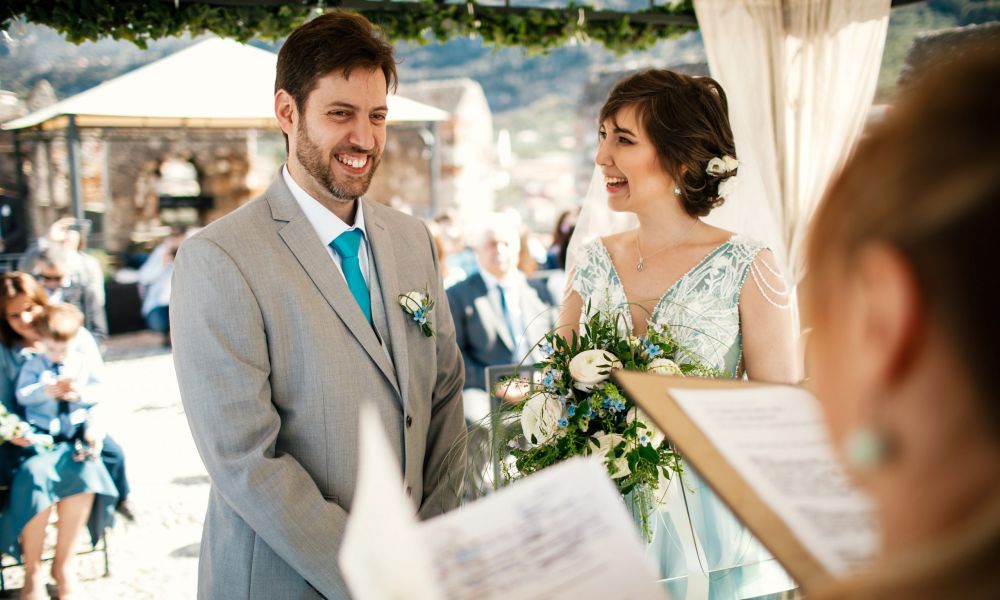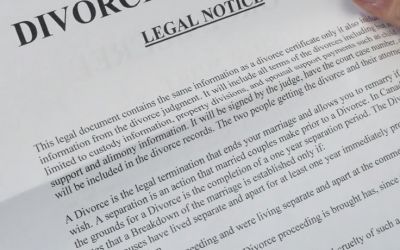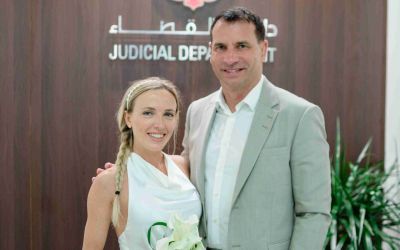
Conditions and Procedures for Expat Marriage in UAE | A Complete Guide for 2025
Table of Contents ▼
Did you know expatriates in the UAE can marry under both Sharia and civil law?
So you’re thinking about expat marriage in UAE? That’s exciting! If you’re living here as an expat, you might be wondering how the whole process works. Don’t worry!
While there are definitely some steps to follow and paperwork to handle, it’s totally doable once you know what you’re doing.
The thing is, you’ve got options when it comes to tying the knot here. You can go the traditional route with a Sharia law marriage, or you might prefer a civil ceremony instead.
We’re going to walk you through everything you need to know about expat marriage in UAE. Expats wishing for an Abu Dhabi court civil marriage can follow the streamlined court process.
Legal Framework for Expat Marriage in UAE
When it comes to marriages in the UAE, expatriates can either marry under Sharia law or opt for a civil marriage. The UAE legal system accommodates different legal frameworks, depending on your nationality and religion.
Sharia Law Marriage for Muslims
For Muslims, marriages are governed by Sharia law. This process involves specific legal steps and requirements, such as:
- Eligibility Requirements: Both parties must be of legal age, and the woman must have consent from her guardian (wali). If the woman is a widow or divorced, additional paperwork is required.
- Documents Required:
- Valid passports and visas.
- Proof of non-relationship status (e.g., single, divorced, or widowed).
- Health certificates proving that both parties are free from contagious diseases.
- Valid passports and visas.
- Process Time: Typically, a Sharia marriage registration takes about 2 weeks. However, delays can occur based on paperwork or other factors.
- Marriage Certificate: Once approved, the couple receives a marriage certificate, which is essential for legal and personal documentation purposes.
Civil Marriage for Non-Muslim Expats

Non-Muslims can also opt for a civil marriage, which is a legal marriage conducted by the authorities without religious implications. Civil marriages are usually preferred by expats from countries where civil marriage is the norm.
- Eligibility: Non-Muslim expatriates of all nationalities are eligible for a civil marriage, provided both parties meet the necessary documentation requirements.
- Documents Required:
- Valid passports and residency visas.
- Proof of single status (for both parties).
- Health certificates.
- Procedure: The couple will need to submit their documents to the relevant embassy or consulate in the UAE. Depending on the embassy, the process can take up to 3 months for the paperwork to be processed.
- Marriage Certificate: After the marriage is registered, the couple receives a marriage certificate recognized both in the UAE and their home country.
Step-by-Step Procedures for Expat Marriage in UAE

The marriage process for expatriates in the UAE can vary slightly depending on whether you’re marrying under Sharia law or opting for a civil marriage. Below is a breakdown of the procedures to follow.
Step 1: Submit Your Documents
To begin the process, both parties must gather the necessary documents. Here’s what you’ll typically need:
- Valid passports and UAE visas.
- Proof of legal status (single, divorced, or widowed).
- Health certificates from an authorized medical center confirming the parties are free from contagious diseases.
- Proof of residence within the UAE.
Submit these documents to the relevant authorities for verification. If you’re opting for a civil marriage, you may need to go through your respective embassies, while Sharia marriages are generally processed at the UAE courts.
Step 2: Document Verification
After submitting your documents, the authorities will begin verifying them. This step ensures that everything is in order and that there are no discrepancies. This process can take up to 2 weeks, depending on the workload and complexity of the case. Once the documents are verified, you will be notified to proceed to the next step.
Step 3: Marriage Registration
Once your documents have been approved, you can proceed with the marriage registration. The specific steps depend on whether you’re marrying under Sharia law or civil law.
- Sharia Law: You will need to appear in person at the UAE court with your partner. The court will perform the marriage ceremony, and the marriage will be officially recorded.
- Civil Marriage: Non-Muslim expats must complete their marriage registration at their respective embassy or consulate. Once the marriage is legally recognized, the marriage certificate will be issued.
Step 4: Marriage Certificate
Upon successful marriage registration, the couple will receive a Marriage Certificate, which is the legal proof of their marriage. This certificate will be necessary for various legal processes, such as applying for a residence visa for your spouse or making legal declarations in your home country.
Key Documents Required for Marriage in the UAE

While the document requirements might vary slightly depending on the type of marriage, these are the general documents you’ll need:
- For Sharia Law Marriage:
- Passports and residency visas for both parties.
- Proof of single status (certificate of no impediment).
- Health certificates.
- Guardian consent for women under the legal marriage age (18 years).
- For Civil Marriage:
- Valid passports and visas.
- Proof of single status.
- Health certificates.
- Proof of residence in the UAE.
Costs and Timeframes for Expat Marriage in UAE
The cost of getting married in the UAE can vary depending on where you marry and the type of marriage (Sharia or civil). Here’s a quick overview:
- Sharia Law Marriage: The cost typically ranges from AED 500 to AED 2,000, depending on the court and the processing of health certificates.
- Civil Marriage: The fees for civil marriage can be slightly higher, ranging from AED 2,000 to AED 4,000 due to embassy registration, health checks, and paperwork.
Processing Times:
- Sharia Law Marriage: Approximately 2 weeks.
- Civil Marriage: Can take up to 3 months.
Challenges for Expatriates When Marrying in the UAE
While the process is relatively straightforward, expatriates may face some challenges. These include:
- Document Discrepancies: Any missing or incorrect documentation can delay the process. Ensure that all paperwork is accurate and up-to-date.
- Legal Requirements for Different Nationalities: Some nationalities may face additional requirements or bureaucratic hurdles, particularly when registering marriages abroad.
Tips for a Smooth Marriage Process in the UAE
- Consult with a Legal Expert: To avoid unnecessary delays, consider hiring a legal professional who specializes in Expat Marriage in UAE. They can guide you through the process and help you ensure all documentation is correct.
- Prepare Your Documents in Advance: Gather all required documents early to avoid last-minute complications.
- Double-Check the Requirements for Your Nationality: Some nationalities may have additional paperwork or steps required. Check with the embassy before starting the process.
Conclusion
Planning to get married in the UAE as an expat? Good news – it really doesn’t have to be complicated! Once you get familiar with what’s required and follow the right steps, the whole thing can go pretty smoothly.
Ready to start planning your dream wedding? The first step is getting all your documents together, and it’s always smart to chat with someone who knows the ins and outs of the process.
If you want to make sure everything goes smoothly from start to finish, check out the wedding packages at Easy Wedding Dubai, we can help guide you through your entire marriage journey in the UAE.
Understand the necessary steps for marriage in Dubai for foreigners to legally marry in the UAE with ease.



